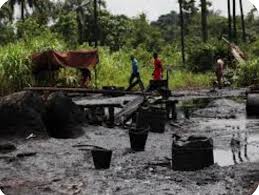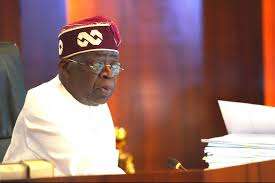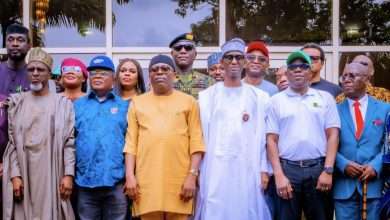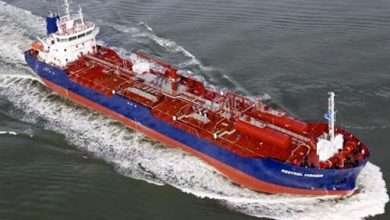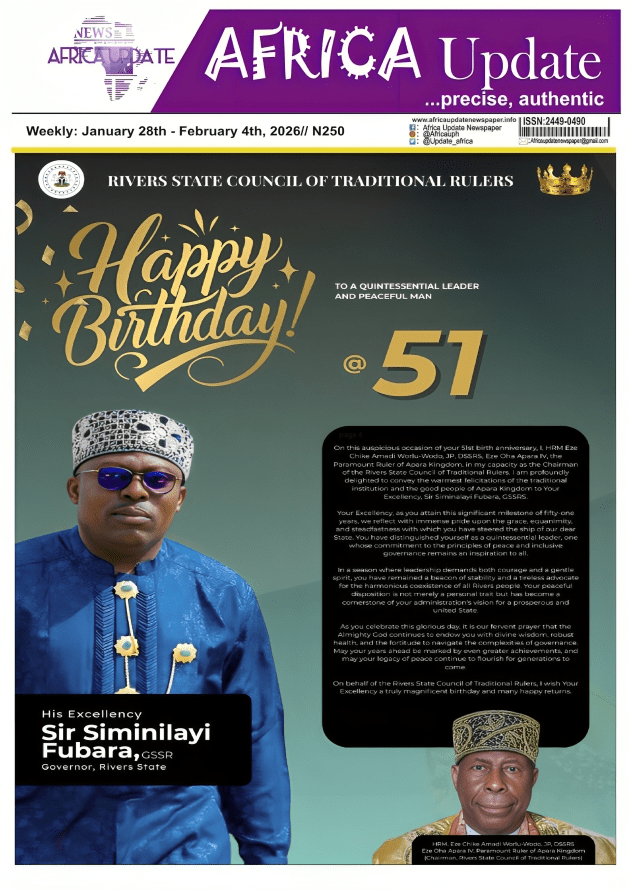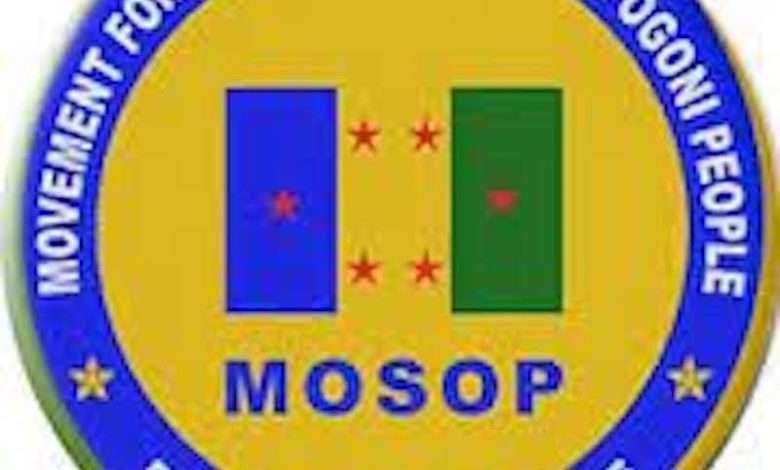
Port Harcourt, Rivers State — The Movement for the Survival of the Ogoni People (MOSOP) has delivered a powerful political rebuff to President Bola Tinubu, flatly rejecting the posthumous pardon granted to the renowned Ogoni Nine activists and labeling the gesture a “kangaroo step” to facilitate the controversial resumption of oil exploration in Ogoniland.
Coming just hours after the Presidency revised its contentious clemency list, MOSOP’s fiery statement transforms what was intended as a symbolic act of historic redress into a high-stakes confrontation over resource control and environmental justice.
In an explosive statement issued by its Publicity Secretary, Imeabe Saviour, MOSOP acknowledged that the President did not rescind the Ogoni Nine pardons but insisted the group remains “unimpressed.”
“We say the pardon is not something to celebrate. The people of Ogoni are not interested in the pardon,” Saviour declared, dismissing the clemency as a calculated political ploy.
The group directly linked the timing of the pardon to alleged government efforts to restart crude operations halted decades ago due to environmental devastation and conflict. “Our message to the President is that, inasmuch as we see this as a kangaroo step by him to talk about oil resumption in Ogoniland, we insist that the $300 million belonging to the people of Ogoni and currently with the NNPC must be released,” the statement read, issuing an immediate financial ultimatum.
MOSOP outlined a stringent, non-negotiable set of demands that must be met before any discussion about oil resumption can take place. The demands place the burden of proof squarely on the Federal Government to rectify decades of perceived marginalisation.
The prerequisites include:
- The immediate creation of Bori State from the present Rivers State.
- Ensuring the Ogoni Clean-Up Project, which has suffered from alleged underfunding, runs its full 30-year course.
Saviour accused the Federal Government of dragging its feet on the clean-up, noting, “As we speak, they are not close to that because the Federal Government has refused to pay its counterpart funding.”
In the most chilling part of the rejection, MOSOP issued a severe warning, invoking the memory of the military regime that led to the execution of environmental activist Ken Saro-Wiwa and his compatriots.
“Mr President must know that oil resumption in Ogoni is not something he should consider now, except he wants to cause another crisis in Ogoniland, the same way it was orchestrated by the then-military administration of the late Gen. Sani Abacha, who killed many Ogoni people,” Saviour cautioned.
The declaration firmly establishes that, for MOSOP, the symbolic pardon is a hollow gesture overshadowed by the far more tangible demands for financial equity, political restructuring, and the preservation of the fragile Ogoni environment.



